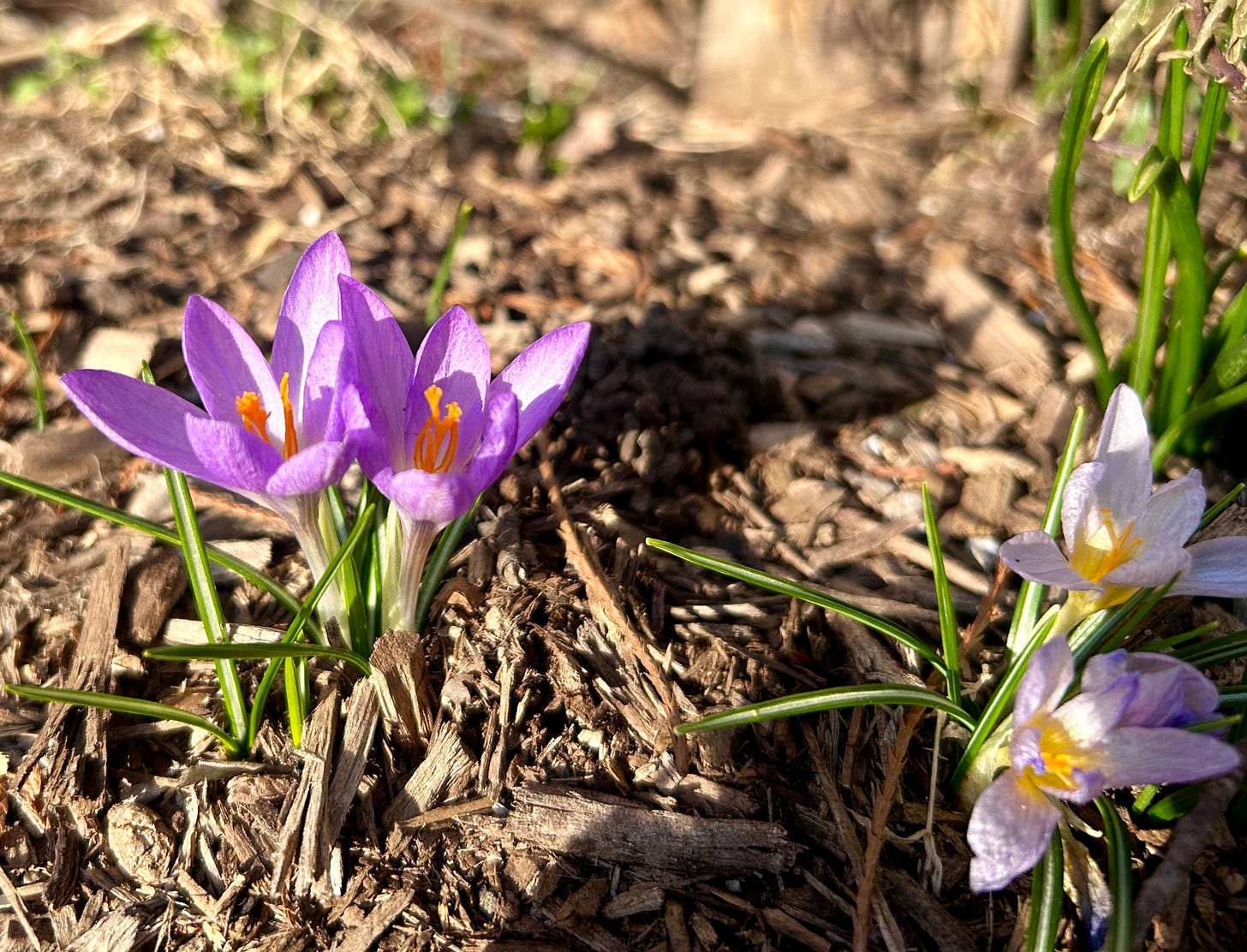Whither Literature?
Like a delicious tart from Limousin
Whither Literature?
A reader who goes by the charming username JC (Johnny Clafoutis), whom I had the good fortune of meeting, along with his financé, in New York a few months back, brought up a good point when commenting on my newsletter about cultural pessimism. He wrote:
"Whither literature?" is actually a question I find interesting. But none of these pessimistic takes are actually trying to answer it, just striking various poses.
I agree wholeheartedly. Thinking about the condition of literature—its past, present, and future—is a stimulating activity. So wither literature? In the interest of authenticity, in not striking a pose but rather in staking out an honest position, here are some stray thoughts as to what literature might be like going forward:
Like a regional chain of combination deli/convenience store/gas stations. Like an office suite in a vacant skyscraper, used for conducting consumer focus groups. Like a glass pavilion filled with mid-century modernist sculptural bronzes. Like an unmanned toll booth, its function supplanted by automated billing and high-speed digital cameras. Like the semicircular border separating the states of Delaware and Pennsylvania. Like a slice of cheese pizza left to placate a particularly aggressive band of roving magpies. Like a civil asset forfeiture auction. Like a manufacturer of recreational nitrous oxide. Like the small conical paper cups used for drinking water from a water cooler. Like a 1:1 scale model of a college campus used for training police in heavy assault tactics. Like a vendor selling chopped mixed fruit in a subway station. Like a minor earthquake originating from a major stratovolcano. Like a crypt housing the skulls of villagers, which are customarily painted with bird and flower motifs. Like the vegetarian option at a steakhouse—a veggie-burger and a side salad, as always.
Crocuses
I’ve returned to the East Coast, and with the change in setting comes a change in the weather, which has become suddenly springlike. Along the median strips and sagging retaining walls of Roxborough, crocuses rise in brilliant purple iridescence from the bare earth. They are the first harbingers of the season, besides, or even before, the warm weather itself, besides the buttery sunlight, sunlight that coats the tongue and mouth, a morsel for reviving spirits beaten down by short days and long nights, although, historically speaking, early spring was a tough time in temperate climates, a starving time for the peasantry. The winter stores had been exhausted or were coming close to it, and, except for a few cold-hardy vegetables, the crops were a long way off from fruitful maturation. But we, as contemporary people, know very little of this form of life, not much more than a crocus knows about its infancy as a seed in the duff, about the life of its parent, a crocus of another season, a flower unaware of the savor it gives—its dried stigma and styles are the spice saffron—a flower unaware of its faint fragrance or its strong savor, unaware of its own vibrant petals, which interrupt the patches of otherwise barren earth. Things bred in darkness give off a certain distinct illumination.



I'm a romantic, I like to think it will be like a cosmic event such as a collapsing star, which no one ever sees.